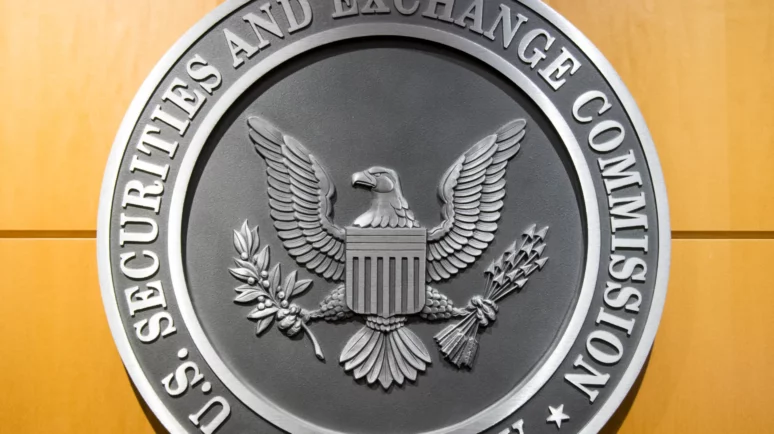Binance Faces Spotlight as Ripple Proposes $10 Million Settlement Fee in XRP vs SEC Case

Garlinghouse's Ripple Rejects SEC’s Ask of $1.95 Bn Fine. | Credit: Stephen McCarthy/Sportsfile for Collision via Getty Images
Key Takeaways
- Ripple has proposed a $10 Million settlement in its ongoing court case with the SEC.
- The company claims that the SEC’s demand for $2 billion is excessive.
- What happens in SEC vs Ripple could have an impact on what happens to Binance.
Ripple has countered the Securities and Exchange Commission’s (SEC) demand for nearly $2 billion in fines by proposing a more moderate approach in a recent court filing.
Dated April 22, Ripple’s filing suggests that the Court should dismiss the SEC’s substantial fine demands, recommending instead a civil penalty that should not exceed $10 million.
Meanwhile, Ripple is not the only crypto giant to face the SEC, with Binance also coming under the spotlight.
Ripple Blasts SEC for “Intimidation Tactics” in Ongoing Lawsuit
Stuart Alderoty, Ripple’s Chief Legal Officer, articulated the company’s perspective on the ongoing SEC case. He emphasized that the case involved “no allegations (or findings) of recklessness or fraud,” suggesting the proceedings were unjustified on those grounds.
Alderoty criticized the SEC’s demands as part of a wider trend of what he perceives as intimidation tactics used against the crypto industry in the US, and pointed out that Ripple has achieved significant legal victories that address key aspects of the case.
Ripple CEO Brad Garlinghouse commented :
“The US will be picking up the pieces of the agency’s disastrous policies long after Gensler is gone.”
Ripple Blasts SEC’s $2 Bn Fine as Unprecedented, Punitive Overreach
Ripple has criticized the SEC’s request for a $2 billion fine as an example of regulatory overreach, arguing that it lacks a basis in law or principle. The company said the Gary Gensler-led SEC’s demands were based on the assumption of potential future violations.
Ripple also noted that it has made significant adjustments to its XRP token sales practices to comply with court orders, including altering its contracts and ensuring sales are to accredited investors. Furthermore, Ripple’s subsidiaries have secured licenses to sell XRP as a digital currency outside of the United States. This puts them under regulatory bodies that do not classify XRP sales as security transactions.
It stated :
“[Ripple] has changed the way it sells XRP and changed its contracts to avoid the problems identified by this Court. It has ensured that its counterparties qualify as accredited investors. And its subsidiaries have obtained licenses to sell XRP as a digital currency outside the United States, under the supervision of regulators who do not treat XRP sales as sales of securities.”


